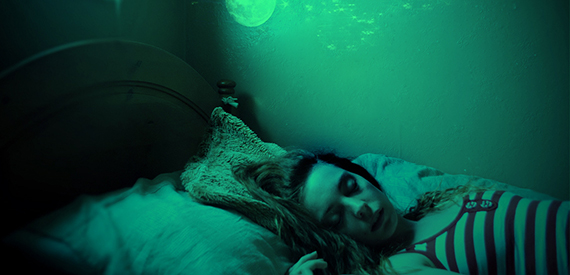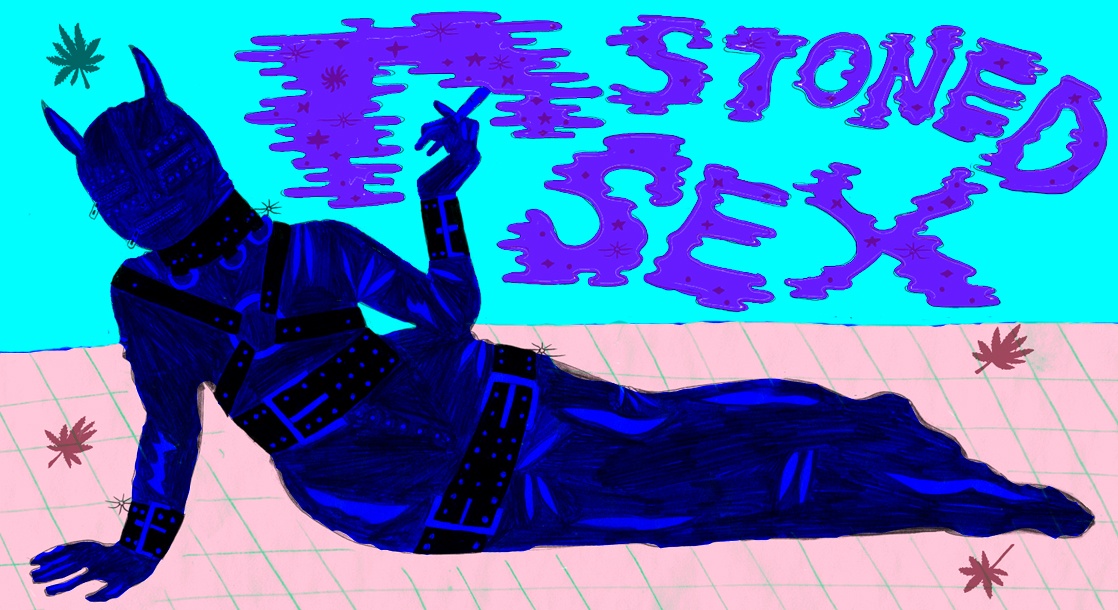For many recreational users of cannabis, sleepiness is a side effect of the high. But for those that have trouble sleeping, marijuana can be the only ticket to a peaceful night’s rest.
Cannabis users testify to the sleep benefits of marijuana, but what makes it even better is science backs it up and the relationship between the herb and a good sleep is actually quite simple. The endocannabinoid system plays a large role in regulating your sleep. When marijuana is used, it stimulates the system, causing certain senses and needs, such as eating and sleeping, to become more sensitive. These increased sensitivities make you prioritize certain tasks over others—part of the reason why you find yourself eating more when you’re high. The same applies to sleeping after smoking your favorite strain.
Most studies on the subject outline the effects of THC and CBD on sleep in a rather negative light (looking into how they can cause disturbances in restful sleep), which is why we’ve looked into what users have to gain and lose when using cannabis to help them have a restful night.
Deeper, Longer Sleep
Consuming marijuana prior to laying down for the night leads to more time spent in deep sleep (stages three and four, to be exact). Those who go to bed high often claim to be out cold until the morning. This is due to a disturbance in the sleep cycle causing them to spend more time in stages three and four of sleep. While getting more deep sleep might sound amazing, it can prove to be harmful. Additional time spent in deep sleep means that your mind is inactive for longer periods than the body needs it to be, making the entire experience counterproductive to feeling well rested and often resulting in grogginess.
Still, the benefits might outweigh the cons for some users, such as those suffering from insomnia who use cannabis to achieve sleep that would be otherwise unobtainable. It’s estimated that 30% of the general population have some form of insomnia, while 10% suffer from chronic insomnia. Those who do are sometimes prescribed medication as well as medical marijuana and many find that the latter works very effectively, providing a natural alternative to pill popping. While some may become dependent on it to sleep, breaking the marijuana habit can be easier than one caused by prescription drugs.
Dreamless Nights
While many enjoy the rest they get after consuming cannabis, a study indicates that cannabis use disturbs certain sleep cycles—predominantly rapid eye movement (REM) sleep, which is when people normally dream. While REM sleep only constitutes about 19% of a night of sleep, it plays an important role in how your body recharges itself. Disrupting this cycle may cause REM rebound, which occurs when your body has to catch up to missed cycles. This may seem like a problem if you treasure full-body rejuvenation, but it might be a good option for those who have trouble sleeping due to vivid nightmares or sleep terrors.
Sleep terrors are frightening, especially if they occur on a regular basis. While many treat them as a mental disorder and recommend seeing a counselor, there are very few ways to provide a quick or temporary fix. THC’s reduction of time spent in the REM stage of the sleep cycle may not allow for the healthiest sleep, but it will allow those suffering from sleep terrors to fall asleep with a high probability that they will not have a sleep terror.
Marijuana and sleep have a complicated relationship, but whether it’s beneficial or harmful depends on the user. While the THC and CBD found in cannabis can disrupt sleep cycles, this can have both good and bad effects. The bad, of course, is that users will experience an ineffective sleep. This is largely due to the lack of time spent in REM sleep and the added time spent in deep sleep. The benefits, however, are specific to certain individuals, predominantly those who suffer from sleep terrors and insomnia—it’s up to you to decide whether marijuana is an effective sleep aid for you.











